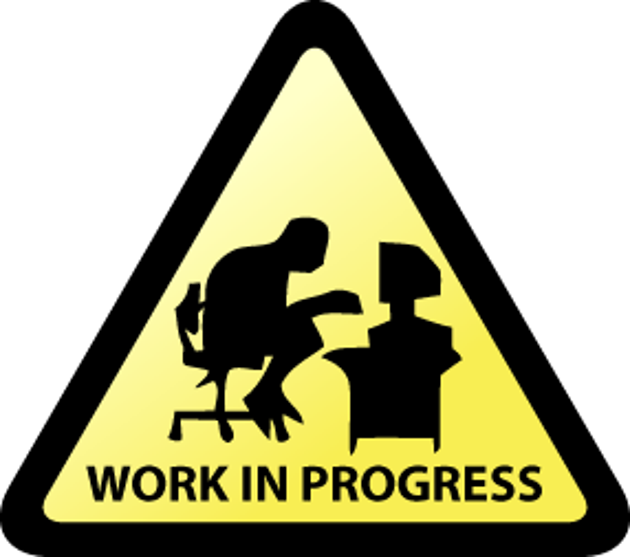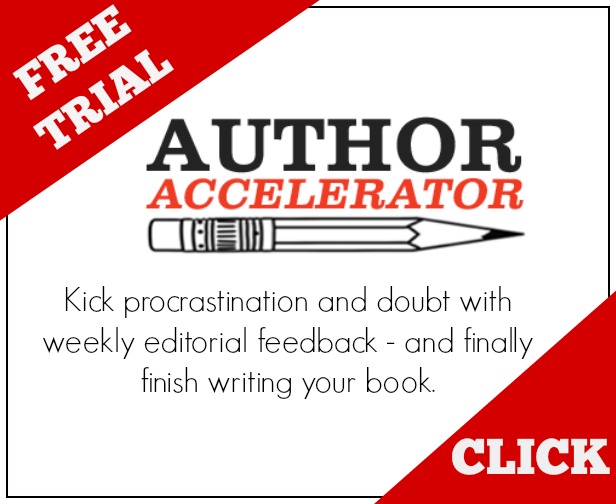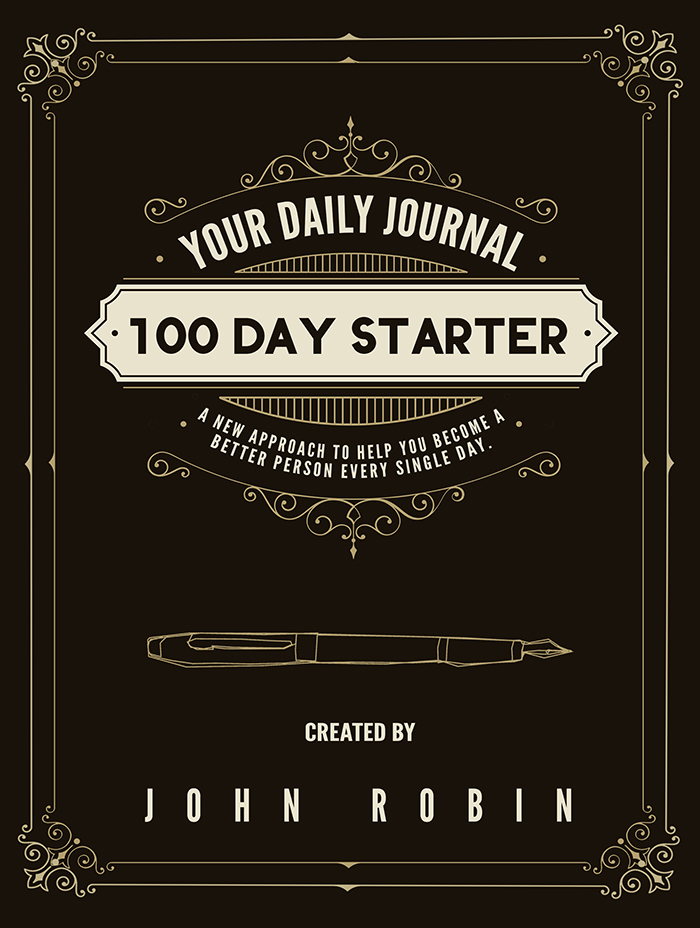 It has been a wonderful weekend of writing. Yesterday I happened to write 3,600 words. They weren’t written in a crunch. In fact, I guess I must have written 5,000 or more, for all the deleting I did in order to find the right words that moved the scene and the story forward. But how do I know that my many hours sitting before Blood Dawn were actually fruitful? How do I know that I’ve not just produced words that please me but will fall flat with any other reader?
It has been a wonderful weekend of writing. Yesterday I happened to write 3,600 words. They weren’t written in a crunch. In fact, I guess I must have written 5,000 or more, for all the deleting I did in order to find the right words that moved the scene and the story forward. But how do I know that my many hours sitting before Blood Dawn were actually fruitful? How do I know that I’ve not just produced words that please me but will fall flat with any other reader?
The scary truth is: I don’t. In her book Wired for Story, Lisa Cron quite accurately–and frighteningly–describes what is many a writer’s worst fear: the creation of a “beautifully written so-what”. So I wrote a great scene and felt things, got excited, executed prose better than ever before. Things happened. The setting was vivid, I felt like I was there. I got to finally write about magic. But…so what? I sat down and wrote a story, but did I write something meaningful that readers other than me will care about?
All alone, left to my devices, it’s easy to get caught up in the emotional excitement of my own experience with creating, to the point that I forget all about the reality of what effect my creation will have on others. I don’t ask the question “so what?” about my work for my own sake since obviously it is important enough to me that I want to write it, but for the sake of my future readers this question should be at the core of all I do, a yardstick which I have handy with every paragraph I smith. But Einstein had a thing or two to say about the inaccuracy of yardsticks where relativity is concerned, which is another way of saying that even being objective about one’s own work can still be a subjective experience. Alone, we are at the risk of fooling ourselves, and ignoring a problem that we might have addressed sooner, as soon as it appeared.
Fortunately, I’m not alone, not this time. I blogged in the fall about a life-changing post at Writer Unboxed by Lisa Cron (view it here), featuring an interview with acclaimed writing coach Jennie Nash, whose Author Accelerator program now has more than forty members–and growing. Although I was not new to the concept of a writing coach at the time, the reality of hiring one personally was well outside my budget. Jennie’s Author Accelerator program, however, provides the benefits of a writing coach service for an extremely affordable price–only $199US/month.
Now, let’s get money out of the way first for those who might still goggle at that figure. On my last novel, I waited until it was “perfect” to then seek out an editor. A good editor, coming in to repair a novel which has essentially grown up like a tree next to a fence, will cost anywhere from $2000 and up (for a standard 80,000 page manuscript) if you want to authentically address all issues of your story. For my last novel, which had a word count of 144,000 words, and a complicated plot, I was prepared for pay between $5,000-$6,000 to have it edited, however the editor who I was ready to hire also had the generosity to quickly look at the book for free and advised me to spend my energy on writing something new, since the inherent flaws were so deep that the amount of rewriting that would have been necessary would have amounted to writing something entirely new.
So, having been exposed to the reality of how much quality editing costs, and the horrible reality of what it means to wait until it’s too late, when I saw the rate for the Author Accelerator program I did the math. I am writing an epic fantasy story that, if it goes wrong, will likely cost me even more to edit–or lead to the same problem as my previous attempt. I anticipate it will take me 16-20 months to write, with a word count of ~220,000-260,000 words. So, that’s $3,184-$3,980. (I might add, though, that the standard time in the Author Accelerator program is 6 months, for the standard 80,000 word fiction manuscript.) Apply that to something else that’s important to consider, Jennie’s keen observation: “A finished rough draft you work on with a book coach is actually more like a fourth or fifth draft or sixth draft.” Add, also, that each week I submit 10 manuscript pages of what I’m writing to a trained structural and developmental editor who is part of the Author Accelerator team who gives me feedback to make sure my story is moving forward.
I’m in.
I entered the program with two feet and a lot of faith, and I have not yet been disappointed. In fact, each month I pay for my service I feel like I am investing in quality education and professional development. Being part of the Author Accelerator program, I not only collaborate with my editor, Laura Franzini, every week, but I have access to a private Facebook group where I can ask any necessary questions that come up as I’m writing. There’s group support, daily inspirational emails, and once a month we have the opportunity to hear from Jennie in a conference call where any deeper questions we have about our craft are answered. On top of this, the Author Accelerator program has a revision and pitch track, as well as an extremely affordable editing service option, so that, rather than leaving with a rough draft and seeking out an editor, I have the option of continuing to collaborate with the editorial team there to help me take my rough draft to a polished manuscript and to help me seek out an agent. It is my plan to stick with the Author Accelerator program until the day I sign a publishing contract.
Jennie also honors the many approaches to drafting many writers may have, which is something that really makes it stand out for me. Whether you are a gardener, an architect (also known as a pantser or plotter), or a hybrid, the focus is on supporting you in writing a story with narrative drive, from page one until the end, helping to move forward with your process through a blend of accountability, problem-solving discussion, and editorial input. Through a 5-week series of excellent start-up exercises, Jennie’s program allowed me to connect with critical aspects of my book, from premise, to character arc and plot, to marketing and reflecting on audience. I know I have a tough job ahead of me, and a harder sell since I am trying to break into a market where longer manuscripts are the standard (and therefore the need to make every single page relentless is greater) but at least I know what the reality of that is, and most importantly, I feel I have the resources to help me ensure the final book I present will be as amazing as I envision it being; instead of being a dreamer and a wisher, I can be a doer, and here I am, doing the hard work and seeing, slowly, the results.
So, I wrote 3,600 words yesterday. The weekend is still young, which means I will write more today. In truth, I won’t know until I hear from my editor, Laura, how I did, but I have increased confidence as I proceed each week based on the lessons I learn each time I receive professional feedback on what I’m writing. And, of course, if I’m off, I know I’ll hear about it and more importantly, I’ll know what to do to connect to the story and make sure every page counts.
I’d love to hear from other writers. Have you struggled with feeling solitary in your process, or encountered the nightmare of a “beautifully written so-what”? Have you ever considered a book coach? If not, what other processes have worked for you?
If you are interested in trying the Author Accelerator program and would like to receive a free trial, or if you would like to find out more about the program and Jennie’s work, click the button below:




I’m so glad it’s continuing to go well for you, John. As for the word count? Fantastic.
Hey Jan, thanks for your comment. How are you doing with your projects?
We’ve been busy moving an elder in our care into assisted living, John, so I’m afraid my writing took a back seat for the last month. Also, I’ve just finished working through Donald Maass’ books to get at a deeper level with the writing in preparation for revisions. It’s the kind of work which turns my brain to mush and can’t be accomplished quickly, so frustrating in that there’s no discernible progress, but hopeful in that I like the direction I’m headed. The next step is to write an outline. (I hope.) I’ve never worked with one before but it’s time.
Wish me luck.
And good luck to you. Your progress is inspiring.
Sounds like a lot of difficult transition – both in your living situation and with the immensity of soaking up Don’s wisdom (one’s writing heart grows three times larger, I think, upon studying each one of his books).
Outlining is lots of fun, especially figuring out a method that works best for you. Good old fun in the garden seeing what grows well, and for what doesn’t, figuring out what to try next time. I’ll be starting a video series soon where I’ll be walking through my start-up process with a novel project in scrivener, and will cover outlining – not that I’m an expert but I think there might be some value in sharing and explaining some of how I work in live-action since us writers, though we all have our own processes, tend to get inspired by one another – much like artists looking at what other artists are doing and getting ideas.
Onward, and here’s to success!
John, I love what you say here about the Author Accelerator program. Our experiences are much the same. I wrote on my own for years, got lost in the weeds, then dealt with the sticker shock of finding an Editor. Aside from the expense, there was the whole issue of trust, and of finding the right fit. There have been one or two wonderful Editors who have pointed me in the right direction, but when I heard Jennie and Lis’s interview on WU, my ears went up. It was the right fit for me, for all the reasons you state in your wonderful post. I could never have said it better. I’ll look forward to seeing your work in print!
Thanks for this, Susan! We are in such good hands with the Author Accelerator program, aren’t we? I certainly know what I’ll be investing my eventual publishing advance on when it comes time to write a second book. How is your book coming along?
John, I agree. I feel truly nurtured by these people, and guided by an Editor who really gets what I’m trying to do. A different experience from the ego-grinding writer’s group I was in for years! For the first time since I began this journey, I actually know what I’m writing and why. This alone has lifted a great weight from my shoulders. I feel less anxious, more directed. And I can finally see an end in sight. And yes, like you, I’m sticking with these guys. I have 4 books in a series, so lots of work ahead. I’m thrilled that I won’t be doing it alone.
Pingback: World and story building with Scrivener: the evolution of a fantasy novel over a year | The story world of John Robin